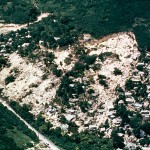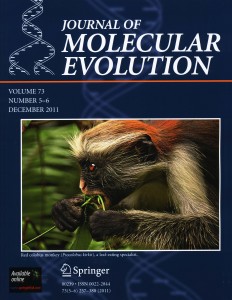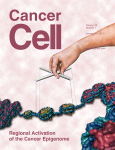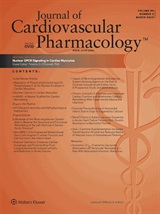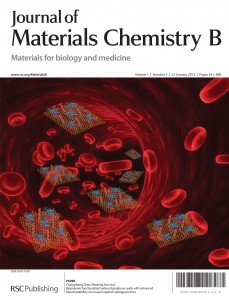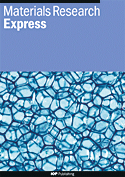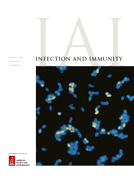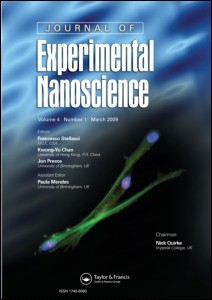 A group of materials researchers at Solapur University in India have lost a paper because they submitted an identical manuscript to two journals. Both journals published the paper, though only one has retracted it.
A group of materials researchers at Solapur University in India have lost a paper because they submitted an identical manuscript to two journals. Both journals published the paper, though only one has retracted it.
Taylor and Francis journal Journal of Experimental Nanoscience retracted the 2012 paper in February this year; the notice doesn’t explain the delay, or how the editors learned about the overlap.
The retraction indicates the editor of the journal that published the other version of the paper was informed of the overlap, but the journal — – Journals of Materials Science: Materials in Electronics — has not issued a retraction.
Here’s the notice for “Development of nanostructured CdS sensor for H2S recognition: structural and physical characterizations”: Continue reading Concurrent submission and publication squashes nano paper

